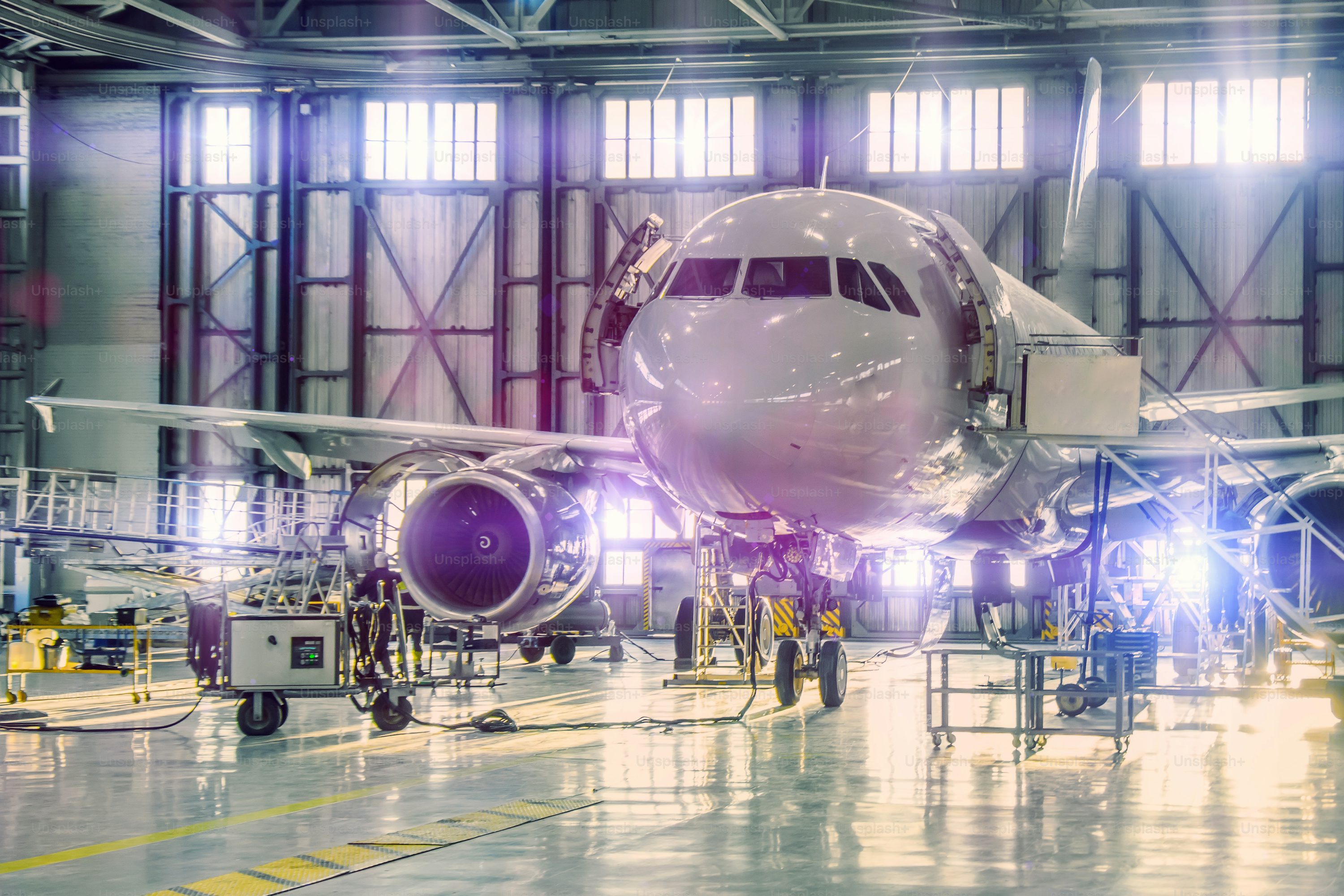
The aerospace industry in Mexico has experienced significant growth in recent years, establishing itself as one of the most dynamic sectors of the national economy. With a strategic location, a highly skilled workforce, and constantly improving infrastructure, Mexico has become a key player in the manufacturing of aerospace components and the provision of services in Latin America.
The Rise of the Aerospace Industry in Mexico
Mexico has positioned itself as a crucial player in the global aerospace supply chain. Due to its proximity to the United States, the country has become an attractive destination for major companies in the sector, seeking to take advantage of the competitive advantages offered by the region. Companies like Bombardier, Gulfstream, Honeywell, Safran, and Airbus have established manufacturing plants in Mexico, allowing the country to become an important hub for aerospace component production, ranging from aircraft parts to navigation and control systems.
Key Success Factors for Mexico in the Aerospace Sector
1. Strategic Geographical Location
Mexico is in a privileged location, serving as a bridge between North America and Latin America. Its proximity to the United States, the world’s largest aerospace market, has been a decisive factor in the sector’s growth in the country. Additionally, Mexico’s network of free trade agreements, such as the USMCA (T-MEC), facilitates access to international markets and collaboration with global partners.
2. Skilled Workforce
One of Mexico’s greatest assets in the aerospace sector is its human capital. The country boasts an educational system that promotes the training of engineers, technicians, and operators specializing in aerospace sciences. Universities and research centers, such as the National Polytechnic Institute (IPN) and the Aeronautical University in Querétaro, offer programs that supply a highly skilled workforce for the industry.
3. Infrastructure and Aerospace Clusters
Mexico has made significant investments in improving its infrastructure, especially in states where the aerospace industry has a strong presence, such as Querétaro, Baja California, Sonora, Chihuahua, and Nuevo León.
Nuevo León, with its capital Monterrey, has become one of the leading aerospace clusters in the country. The region is a key center for manufacturing aerospace components and has attracted major companies in the sector. Nuevo León stands out for its high-quality industrial infrastructure, its proximity to the U.S. border, and a favorable environment for foreign investment.
Companies like Frisa, Mimsa, and Jaiter are part of this growing ecosystem, contributing to the production of critical aerospace parts. Moreover, the local government has implemented policies that encourage innovation and technological development, creating an environment that fosters collaboration between businesses, academic institutions, and research centers.
4. Interest in Drones and Advanced Air Mobility
Nuevo León is making strides in innovation within the aerospace industry, particularly in the field of drones and advanced air mobility. The region has shown increasing interest in the development of drones and unmanned aerial vehicles (UAVs), driven by collaborations between tech companies, universities, and startups.
This growing focus is not just on manufacturing commercial and surveillance drones but also on integrating them into advanced air mobility solutions, such as urban air transport and unmanned cargo aircraft. This emerging sector has the potential to transform urban transportation, and Nuevo León is positioning itself as a key player in the development of this new technology.

